
OR
Opinion
Regulating private educational institutions to ensure the right to education
Published On: August 3, 2023 08:30 AM NPT By: Karuna Parajuli and Timothy Fish Hodgson
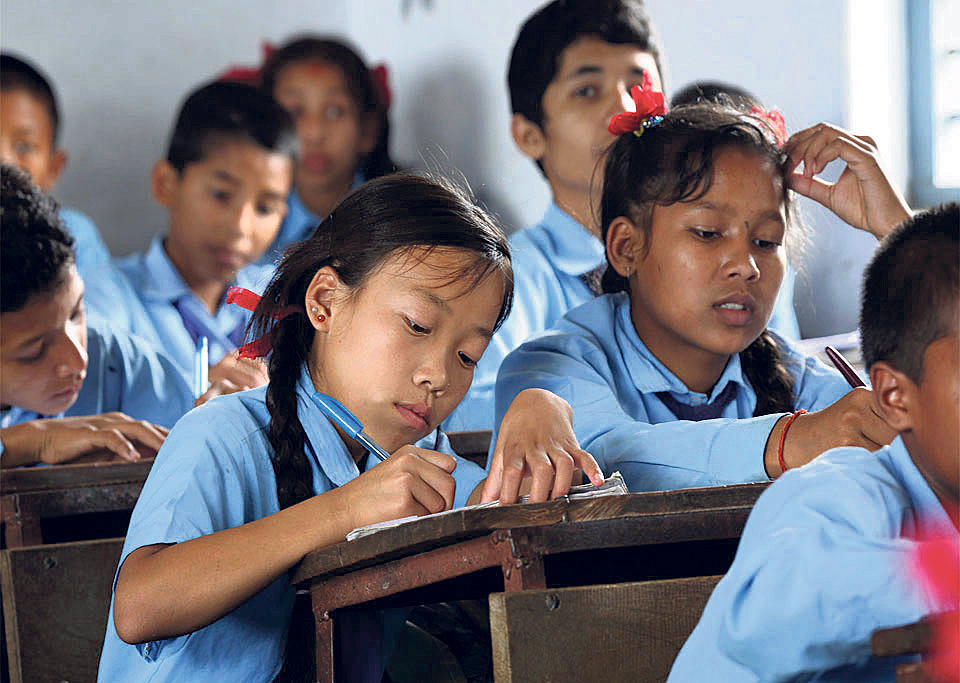

Karuna Parajuli and Timothy Fish Hodgson
Karuna Parajuli is the National Legal Adviser to the International Commission of Jurists, based in Nepal while Timothy Fish Hodgson is the Legal Adviser on Economic, Social and Cultural Rights to the International Commission of Jurists, based in South Africa.news@myrepublica.com
For the first time in over three decades, students in public schools in all of Nepal’s 77 districts have received their textbooks on time for the beginning of the school curriculum that started from mid-April.
This is a positive step in addressing one of the many challenges faced by children in Nepal in exercising their right to education, namely, inadequate provision of learning materials.
Just doing its job
Nepal is a party to both the International Covenant on Economic, Social and Cultural Rights and the Convention on the Rights of the Child, which require the government to ensure that primary and secondary education is available, accessible, acceptable, and adaptable to all.
The guarantee of the right to education in Nepal’s Constitution must be understood in light of Nepal’s international obligations, as Nepal’s Supreme Court has repeatedly affirmed. Nepal’s obligations in terms of the right to education require the timely delivery of textbooks – and all other necessary learning materials – every single year.
Moreover, theses obligations are reflected in section 21 of the Act Relating to Compulsory and Free Education, 2075 (2018) which clearly states that textbooks should be provided “before the commencement of an academic session” and “at the time of admission”. In other words, by delivering textbooks on time to students the government is simply doing its job and complying with what the law requires.
Further obligations: regulation of private educational institutions
Importantly, government’s obligations in relation to education do not start or end with the delivery of textbooks. There are many other things the government must do to comply with this right. For example, Nepal must ensure the effective regulation of private sector’s involvement in education.
Globally speaking, there is substantial evidence that over the last several decades, in large part due to an increase of private sector involvement in education, access to education has become increasingly reliant on the ability of children to pay its cost, often to private companies operating schools on a for-profit basis. Such participation of private sector in education therefore raises significant human rights concerns.
In Nepal, as elsewhere, these concerns translate into actual human rights abuses, in part because of the failure of the government to adequately regulate, enforce and monitor existing regulations related to the private educational institutions. In this context, unregulated private educational institutions, driven overwhelmingly by commercial interests, continue to undermine the full realization of the right to education. They do so by charging exorbitant school fees as well as other charges for learning materials and uniforms.
Official acknowledgment
The problem with private schools abusing rights has been acknowledged by the government. In April this year, the Ministry of Education, Science and Technology released a press statement reminding the private schools to ensure transparency in the fee determination process and respond to parents’ queries about fee levels and increases.
The Supreme Court (SC), too, has ruled on matters relating to fees at private schools. In May 2012, the SC directed private schools not to charge any fees without the approval of the government’s authorized agencies and ordered the Ministry of Education to regulate the fee structure of the private school. It also prohibited private schools from selling school uniforms, textbooks and learning materials on their premises. To ensure the effective regulation of private schools, the SC directed the government to set up and operate effective monitoring mechanisms in line with the Education Act, 1971 (2028) and take prompt action against schools failing to comply with the law.
As a result of the order, the Institutional School Fee Determination Guideline, 2015 (2072) was enacted. Despite this, private educational institutions in Nepal continue to arbitrarily increase fees and other school charges disobeying the SC’s order and in defiance of the fee determination guidelines.
More recently, in February 2023, the High Court Nepalgunj ordered the District Education Development and Coordination Units of Banke and Bardiya to regulate and monitor the educational environment, fees and other physical aspects under their respective districts. The court also ordered that private schools and organizations of private schools should ensure transparency in respect of the granting of scholarships and determination of fees.
Failing to implement legal requirements
A 2021 UNESCO global report found that the existing regulation of the private educational institutions globally has been highly focused on registration requirements for such schools, and inadequately addresses equity and inclusion standards. These findings are consistent with the experience in Nepal.
While there is a strict legal procedure for registration of private schools and requirements for obtaining permission to establish and run such schools, standards to ensure quality of schooling and compliance with human rights are much more sparse.
The Education Act,1971 (2028) of Nepal governing the Nepalese educational system prohibits schools from charging admission fees to students as a requirement for being promoted to the next grade. Private schools are permitted to determine and charge fees in terms of Institutional School Fee Determination Guideline, 2015 (2072). However, such fees are subject to: (1) the approval by the Ministry of Education on the recommendation of the Fees Monitoring Committee in each district; and 2) the approval of the local government (municipality or village municipality) after submitting a fee increment proposal two months before the start of the academic session. However, these requirements are largely unimplemented and inadequately monitored at local level.
Additionally, a 2020 study on cartels in the private schools published by the Nepal Economic Forum found the presence of a number of educational entities that have key influence in the private school associations like PABSON, N-PABSON and their owners are elected as parliamentarians while at the same time operating for-profit businesses.
Collusion by these cartel-like organizations in their operations has led to higher prices for access to education. Such collusive conduct, the Nepal Economic Forum found, is “subtle and manipulative” aiming “to bypass fees collection headings set by authorities”. The study estimates that because of cartel conduct, schools may have been overcharging by “at least 15%” and that this had resulted in approximately NPR 15 billion of losses to society, borne by parents.
Education before Profit
Education is a human right. All children in Nepal have a right to access inclusive and quality education. The government has shown by delivering textbooks this year that the execution of its duties in terms of this right are not impossible.
It is critical that the government acknowledges and addresses the increasing impact of private sector involvement in education in Nepal. It must ensure that private educational institutions put education before profit, and when they fail to do so, ensure that the law is implemented to ensure such institutions’ accountability. Ultimately, it is the parents and children who will suffer the inaction of the government and the exploitation of private schools.
You May Like This
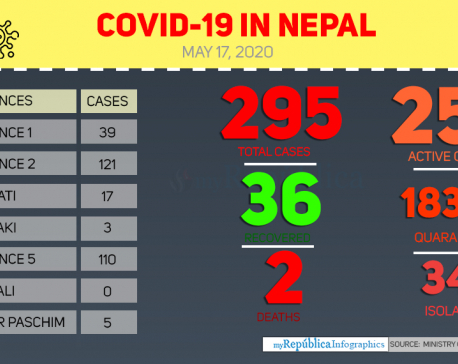
Health ministry confirms three new COVID-19 cases, number of total cases reaches 295
KATHMANDU, May 17: Nepal reported three new cases of COVID-19 on Sunday evening, taking the national tally to 295. ... Read More...
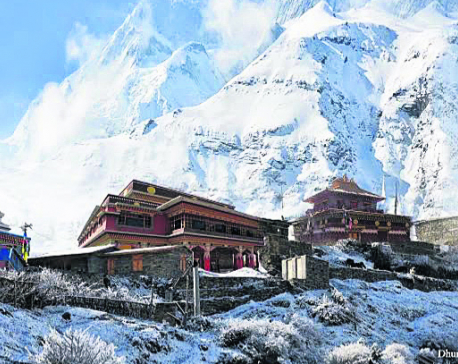
Dhurmus, Suntali to build ‘a Nepal within Nepal’
KATHMANDU, June 5: After successfully completing three settlement projects for earthquake victims and other communities, the actor couple Sitaram Kattel (Dhurmus)... Read More...
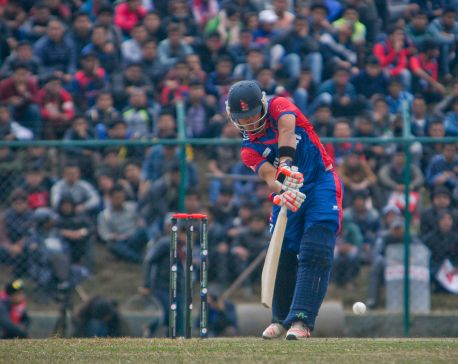
Nepal vs Kenya: Five crucial things Nepal looks for second match
KATHMANDU, March 12: Nepal is taking on Kenya on Monday in the second match of the ICC World Cricket League... Read More...



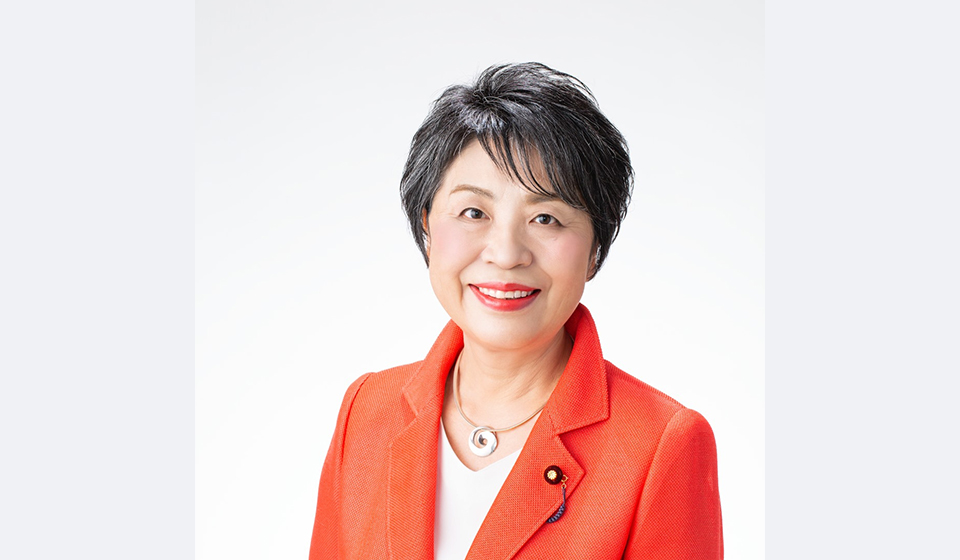
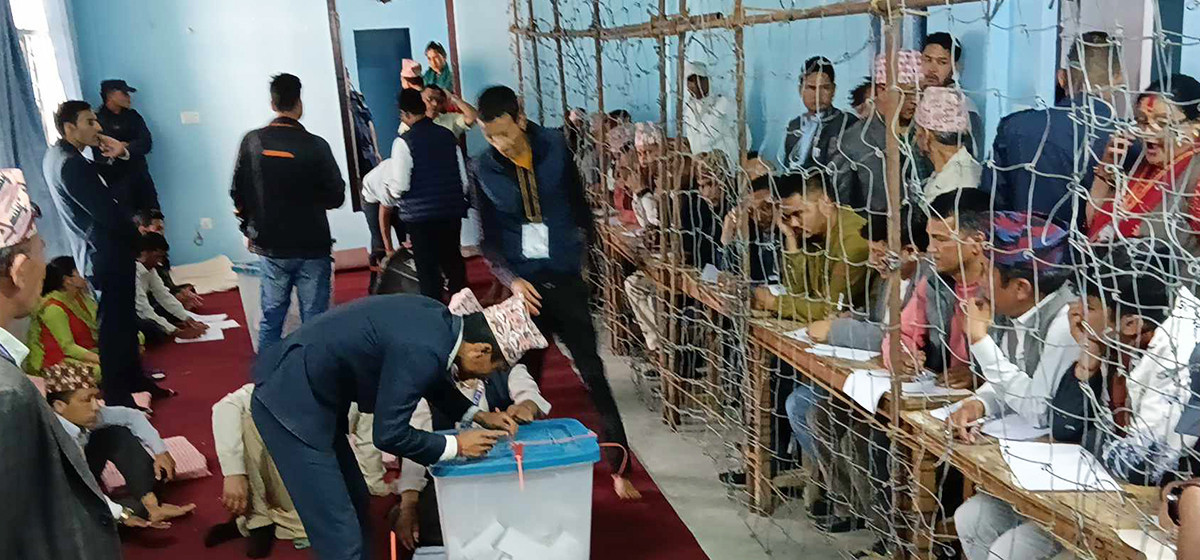
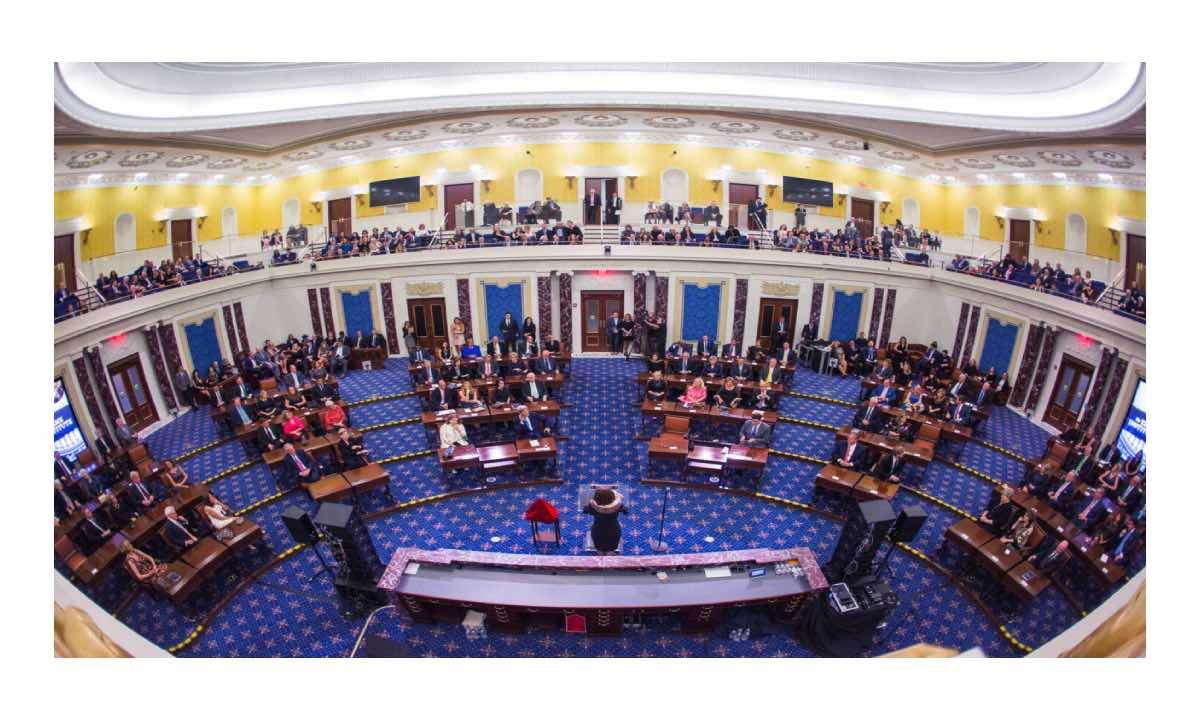
Just In
- Japanese Foreign Minister to visit Nepal next week
- Bajhang by-election update: NC candidate ahead by 249 votes
- Aid for war: On the United States Senate and aid package
- NEA Provincial Office initiates contract termination process with six companies
- Nepal's ready-made garment exports soar to over 9 billion rupees
- Vote count update: UML candidate continues to maintain lead in Bajhang
- Govt to provide up to Rs 500,000 for building houses affected by natural calamities
- China announces implementation of free visa for Nepali citizens











Leave A Comment